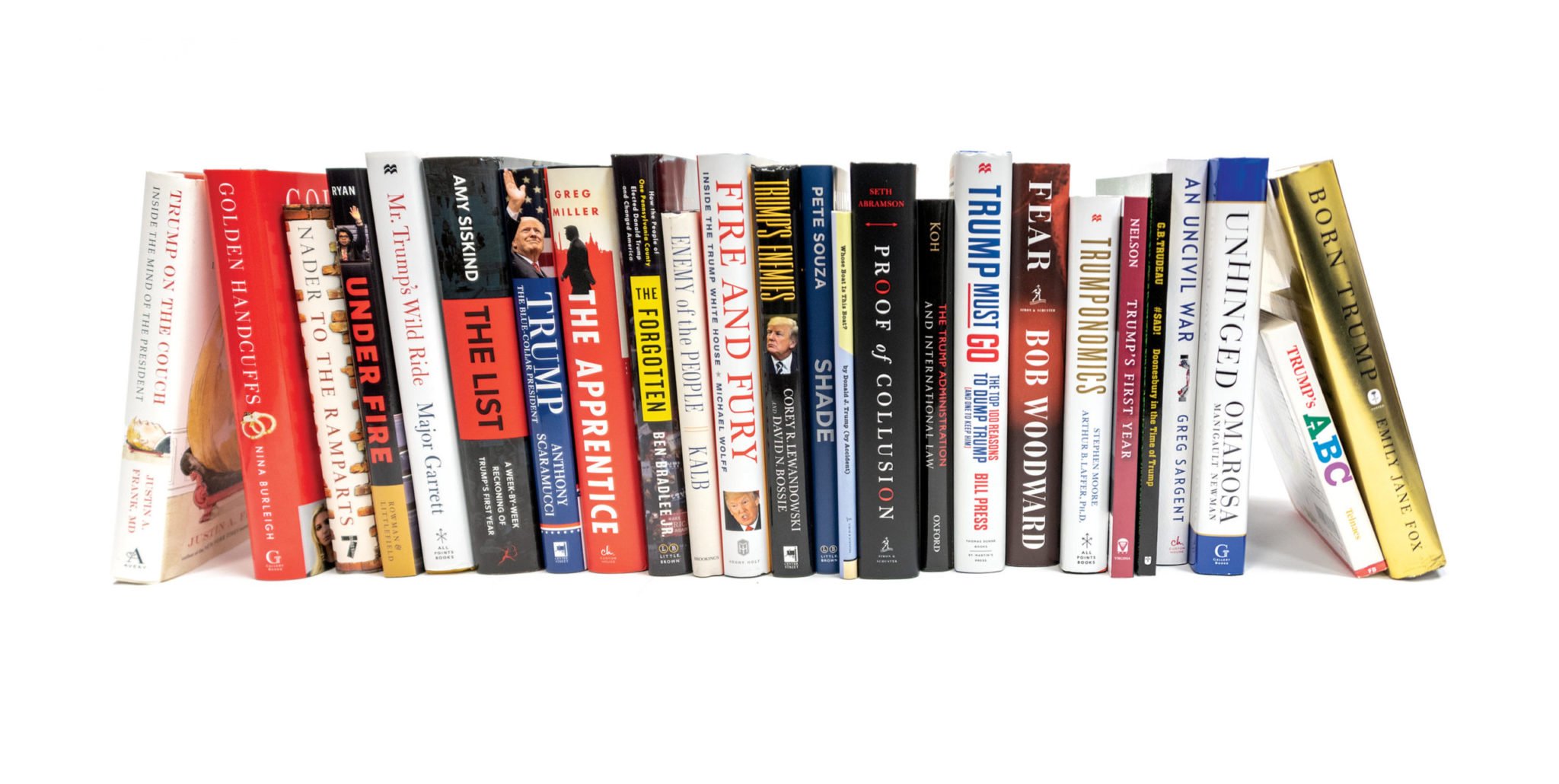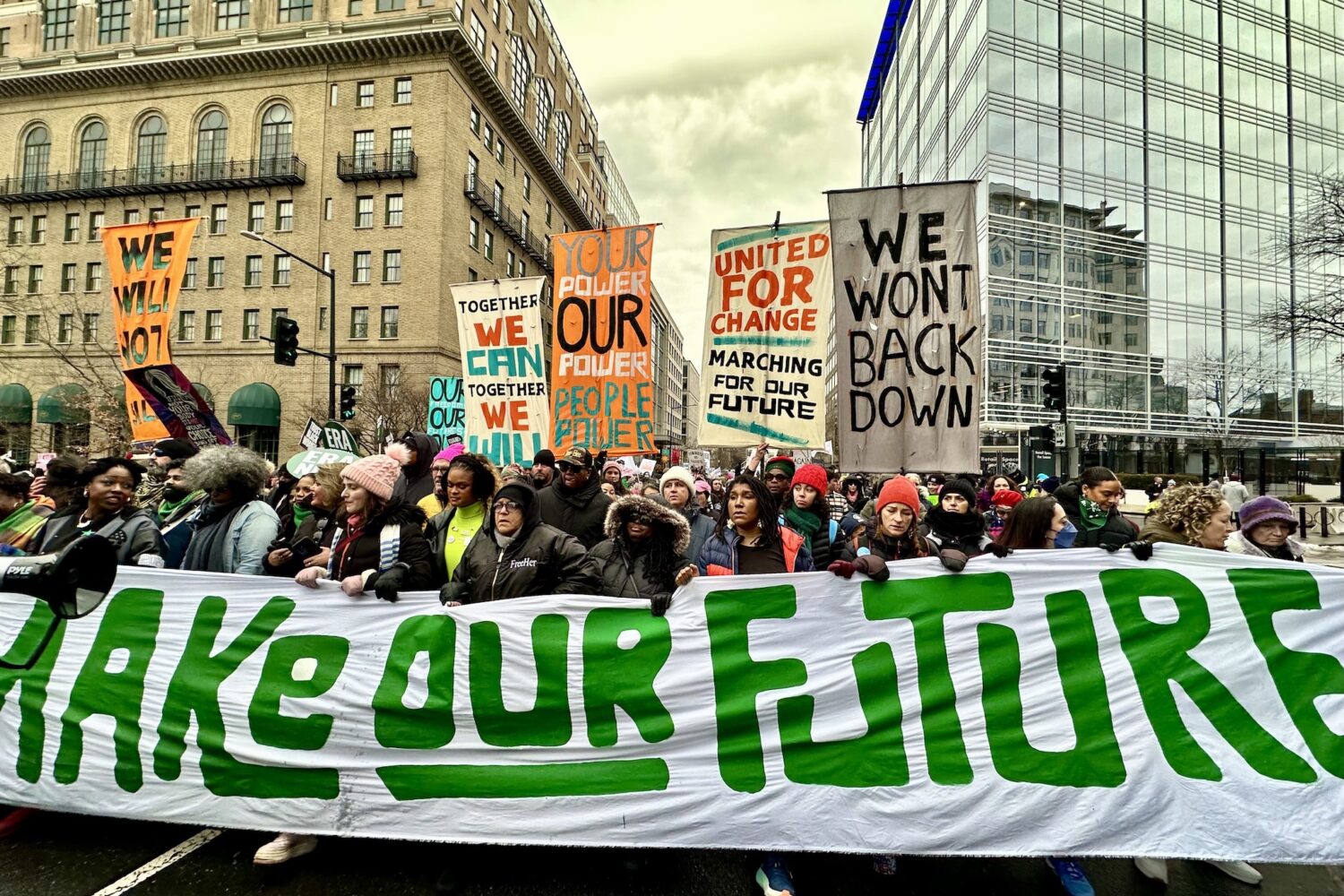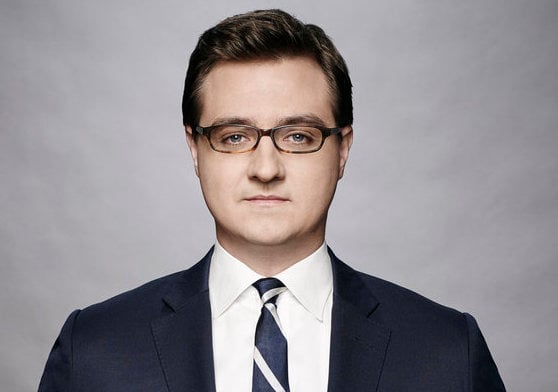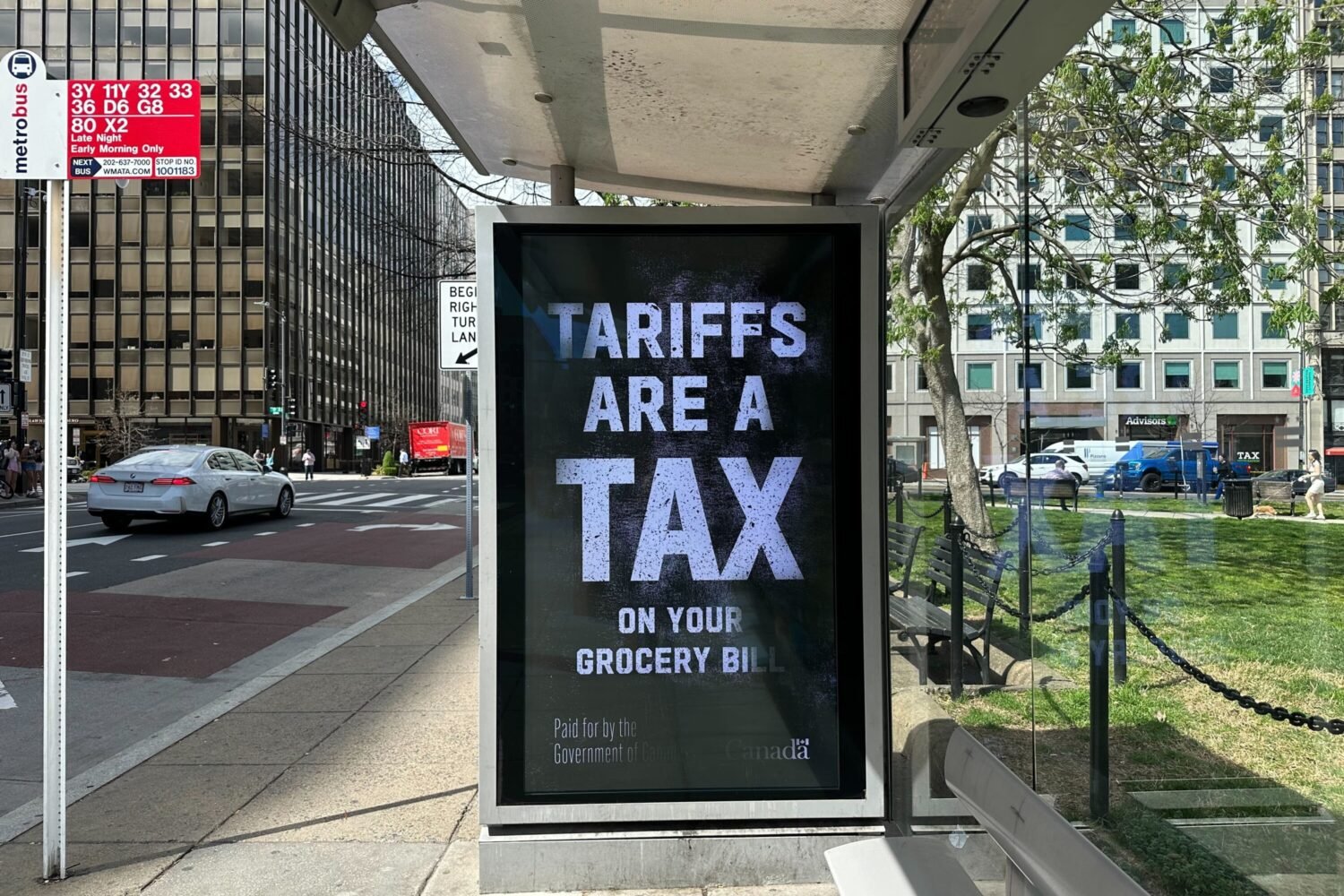If there was a single moment that captured the state of publishing over the last two years, it may have been in early 2018 on Saturday Night Live. Ever since Donald Trump’s inauguration, the show had been bringing in stars such as Alec Baldwin and Melissa McCarthy to depict the Beltway notables dominating the news. Now it was Fred Armisen’s turn. But the Portlandia star and SNL alum wasn’t there to play a feckless pol or preening anchor. Rather, he was portraying a type that could once have gone unrecognized outside a Kalorama book party: the political author.
In a parody of Morning Joe, Armisen played Michael Wolff, whose Fire and Fury had been published eight days before and was on its way to selling 4 million copies. “Look, you read it, right?” Armisen/Wolff snarled. “And you liked it? You had fun? But what’s the problem? You got the gist, so shut up.” The context was that detractors had accused Wolff of factual inaccuracies. But the more notable takeaway was that network-TV viewers were up on a publishing-industry controversy.
Wolff’s dishy bestseller was hardly unique in breaking through to the general public. The first two years of the Trump era saw a glut of Washington books that sold in ways that might have been unimaginable in, say, a John Kasich presidency. Joshua Green’s Devil’s Bargain, about the relationship between Trump and Steve Bannon, debuted at number one on the New York Times bestseller list. Russian Roulette, Michael Isikoff and David Corn’s report on the alleged ties between Trump and Moscow, also debuted there. So did Bob Woodward’s Fear.
Non-reporters reached similar heights. A Higher Loyalty by former FBI chief James Comey was a bestseller, as was The Threat by his onetime deputy Andrew McCabe. Let Trump Be Trump by loyal campaign veteran Corey Lewandowski made the list, but so did Unhinged by estranged aide Omarosa Manigault Newman. At one point this winter, DC’s Politics and Prose carried at least 27 books about Trump, a combined 7,313 pages.
“ ‘Frenzy’ is an excellent word to describe our experience with books about the Trump administration,” says the store’s floor manager, Michael Triebwasser. “It felt like there was a new book being published about the President and his team almost every week.
“We have a section where we display new hardcover books about politics and current events,” he adds. “There were many days, weeks, and months where you’d look at this section, and Trump or his likeness would be staring back at you from all of the covers.”
The enthusiasm, naturally, spread to publishers, which gave contracts to folks who might once have struggled to gain traction—Sean Spicer, for instance, who’d spent barely half a year as White House spokesman. When the Mueller report was released this spring, multiple publishing houses rushed out bound copies, even though it was available for free on the internet. (Three of them cracked Amazon’s bestseller list.)
Of course, the trend was a lot less exciting for a different group: those who write books about anything besides Trump. While publishers were still releasing other titles, authors had a harder time getting them promoted. “The area where everyone was affected was in book publicity,” says Washington agent Howard Yoon. “The Trump news cycles bumped a lot of authors from their scheduled TV and radio appearances.”
With 2020 dawning, it would be reasonable to expect the phenomenon to continue. But a funny thing happened when Wolff’s follow-up, Siege, came out this summer: It didn’t sell nearly as well. Neither did Team of Vipers by Cliff Simms, once the special assistant to the President. Investigative reporter Vicky Ward’s Kushner, Inc. spent only two weeks on the bestseller list.
It’s not that Trump books don’t sell at all. (This spring’s bestsellers included Sports Illustrated scribe Rick Reilly’s offering on the President’s alleged golf cheating.) Rather, they’re looking more like books about any presidency. And comparatively few big Trump-related books are slated to land soon.
A funny thing happened when Fire and Fury‘s follow-up came out.
“Part of it has been Trump fatigue,” says Stephen Rubin, Henry Holt & Company’s chairman, who giddily oversaw the success of Fire and Fury, speaking of Wolff’s inability to duplicate that success this year. “Just the craziness in the White House—we all know that. But if you have something else to discuss, then it’s okay.”
There’s also a more prosaic explanation: the calendar. Would-be authors will likely spend six months to a year writing and reporting, with another six to nine editing before the hardcover release. To pay large advances for books about a man who may or may not still be President come publication time is perilous in an industry already facing financial worries.
It’s not all doom. Andrew Weissmann, one of the prosecutors working with Robert Mueller, reportedly signed a deal with Random House. And one category in which publishers remain bullish is pro-Trump books. Rubin, who’s publishing The United States of Trump by disgraced former Fox News host Bill O’Reilly, says that “perhaps the liberals and the people who perceive themselves as liberals are wary of Trump, but I don’t think his base is tired of Trump at all.”
As for book writers who still want to focus on the White House, “there are two paths,” says Yoon. “On one side, you have books that gamble on Trump losing in 2020 and try to help readers pick up the pieces in a post-Trump world. The other path is if Trump wins. What happens with a second term, and how do readers who view themselves as part of the Resistance learn to deal with this—or fight back?”
Enter Trump Books 2.0. Most likely these will be “what now?” deep dives, introspective looks into what this man and this country now mean. They may not dominate sales as they did in 2017 and 2018, but, says Yoon, “if Trump wins a second term, we’ll see a second wave of anti-Trump books, but it won’t be a ‘he said/he did’ formula. That stuff has already been strip-mined.
“It’ll be two things: a longer look at Trump’s presidency—big books that consider the deeper political and historical implications of the Trump era—and then more focused books that target specific departments and cabinet members. Writers and publishers will find a way to pick apart this Trump carcass until there’s nothing left. And book buyers will look forward to every scrap.”
This article appears in the August 2019 issue of Washingtonian.
















